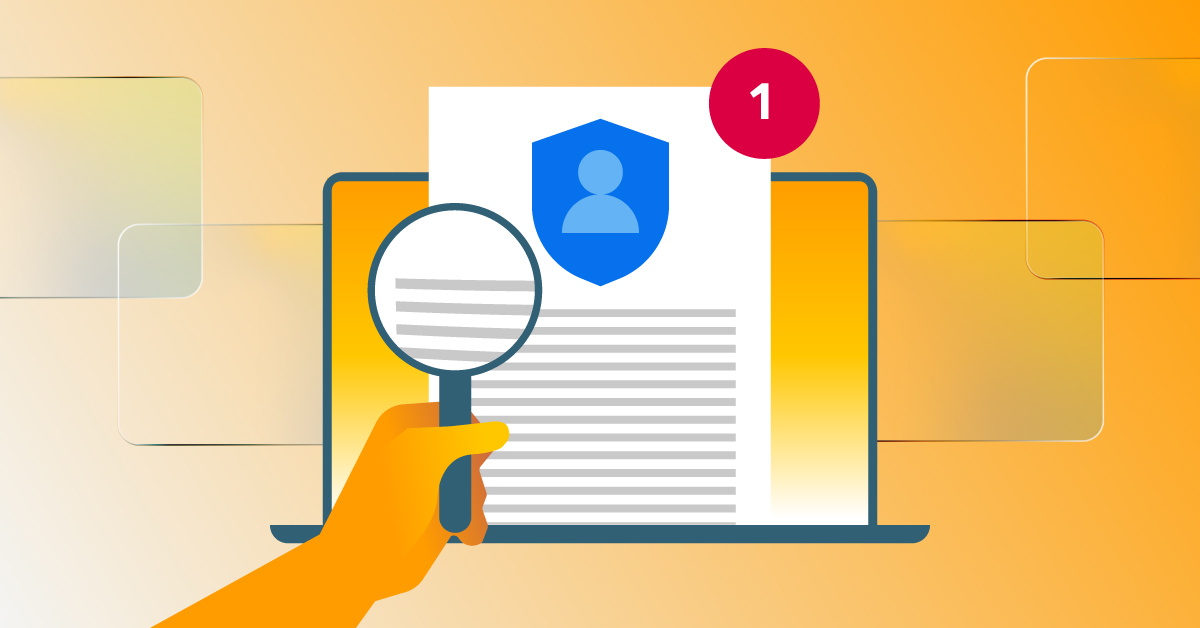
Privacy notices are an essential aspect of data protection and privacy regulations. They inform individuals about how their personal data is collected, processed, and used by organizations. Understanding privacy notices is crucial for both businesses and consumers in today's digital age. In this article, we will explore eight key facts about privacy notices, shedding light on their significance and implications in the realm of data privacy. From the fundamental purpose of privacy notices to the elements they should encompass, we will delve into the intricacies of these crucial documents. Whether you're a business owner striving to ensure compliance with data protection laws or an individual seeking to comprehend your rights regarding personal data, this exploration of privacy notices will provide valuable insights. Let's embark on a journey to unravel the essential facts about privacy notices and their role in safeguarding personal information in the modern era.
Key Takeaways:
- Privacy notices, also known as privacy policies, inform people about how their personal data is used. They help build trust between organizations and individuals by being transparent about data collection and usage.
- Privacy notices are like a guidebook for personal data. They tell us what information is collected, how it’s used, and our rights regarding our data. They help organizations be transparent and accountable.
Privacy notices are also known as privacy policies.
Privacy notices, often referred to as privacy policies, are documents or statements provided by an organization to inform individuals about how their personal data is collected, used, and shared. These notices are crucial in establishing transparency and trust between the organization and the individuals whose data is being processed.
They are essential for legal compliance.
Privacy notices are a fundamental component of data protection regulations such as the General Data Protection Regulation (GDPR) and the California Consumer Privacy Act (CCPA). These regulations require organizations to provide clear and comprehensive privacy notices to individuals whose data they process, ensuring that individuals are aware of their rights and how their data will be handled.
Privacy notices outline the types of personal data collected.
In a privacy notice, organizations specify the types of personal data they collect from individuals. This may include information such as names, contact details, financial data, and online identifiers. By clearly outlining the categories of data collected, organizations provide individuals with insights into the scope of information being processed.
They detail the purposes for which personal data is used.
Privacy notices elucidate the purposes for which organizations process personal data. Whether it is for fulfilling contractual obligations, providing personalized services, or complying with legal requirements, privacy notices serve as a means for organizations to communicate the reasons behind data processing activities to individuals.
Privacy notices explain individuals’ rights regarding their data.
These notices outline the rights individuals have concerning their personal data, including the right to access their data, request its deletion, and object to certain processing activities. By informing individuals of their rights, privacy notices empower them to make informed decisions about the use of their data.
They disclose data sharing and international transfers.
Privacy notices disclose whether organizations share personal data with third parties and if they engage in international data transfers. This transparency is vital for individuals to understand the potential risks associated with cross-border data transfers and the involvement of external entities in data processing.
Privacy notices are accessible through various channels.
To ensure individuals can easily access privacy notices, organizations make them available through multiple channels, such as websites, mobile applications, and direct communications. This accessibility enables individuals to review the privacy practices of organizations before engaging with them.
They undergo periodic updates to reflect changes.
Privacy notices are dynamic documents that undergo updates to reflect changes in data processing practices, legal requirements, or organizational policies. Regularly updating privacy notices ensures that individuals are informed about any modifications in how their data is handled.
Privacy notices play a pivotal role in promoting transparency, empowering individuals, and fostering accountability in data processing practices. By providing clear and accessible information about data handling, organizations can build trust and demonstrate their commitment to respecting individuals' privacy rights.
Conclusion
In today's digital age, understanding privacy notices is crucial for safeguarding personal information online. By grasping the significance of these notices, individuals can make informed decisions about sharing their data and ensure that their privacy is respected. With the knowledge gained from this article, readers are empowered to navigate the digital landscape with confidence, knowing how to interpret and act upon privacy notices effectively. As technology continues to evolve, staying informed about privacy rights and responsibilities remains essential for maintaining a secure and respectful online environment.
FAQs
What is the purpose of a privacy notice?A privacy notice serves to inform individuals about how their personal data is collected, used, and protected by an organization or website. It outlines the rights and choices individuals have regarding their data, promoting transparency and trust.
How can I understand a privacy notice better?To comprehend a privacy notice effectively, take the time to read it thoroughly. Pay attention to the information about data collection, processing, and sharing, as well as the options available for managing your privacy preferences. If you have any questions or concerns, don't hesitate to reach out to the organization for clarification.
Was this page helpful?
Our commitment to delivering trustworthy and engaging content is at the heart of what we do. Each fact on our site is contributed by real users like you, bringing a wealth of diverse insights and information. To ensure the highest standards of accuracy and reliability, our dedicated editors meticulously review each submission. This process guarantees that the facts we share are not only fascinating but also credible. Trust in our commitment to quality and authenticity as you explore and learn with us.


